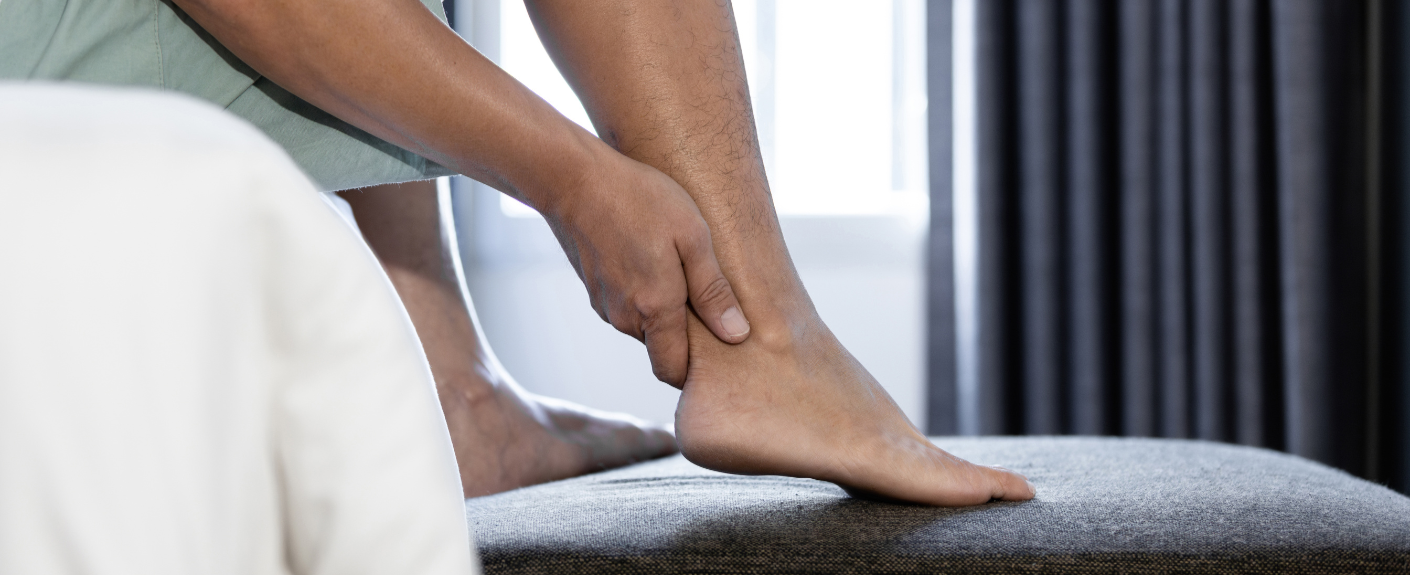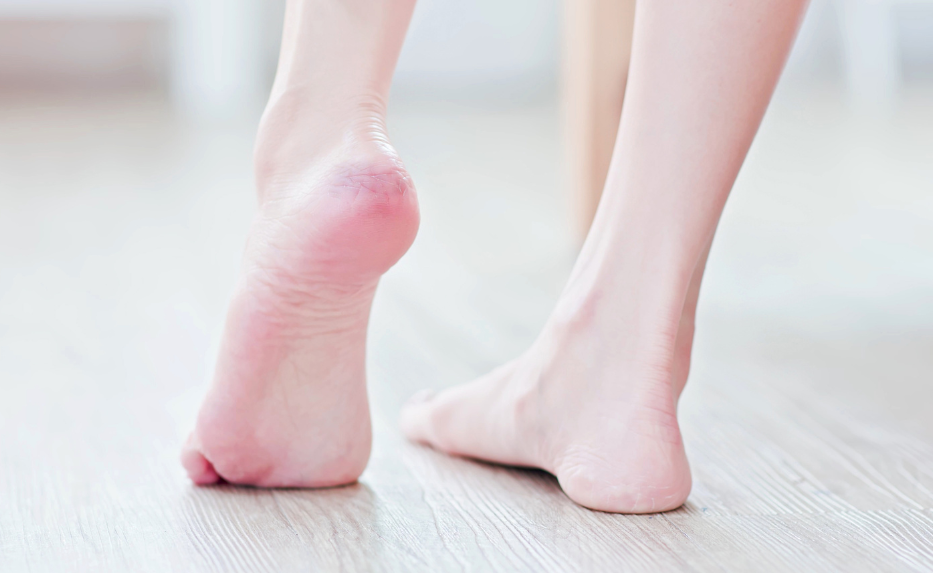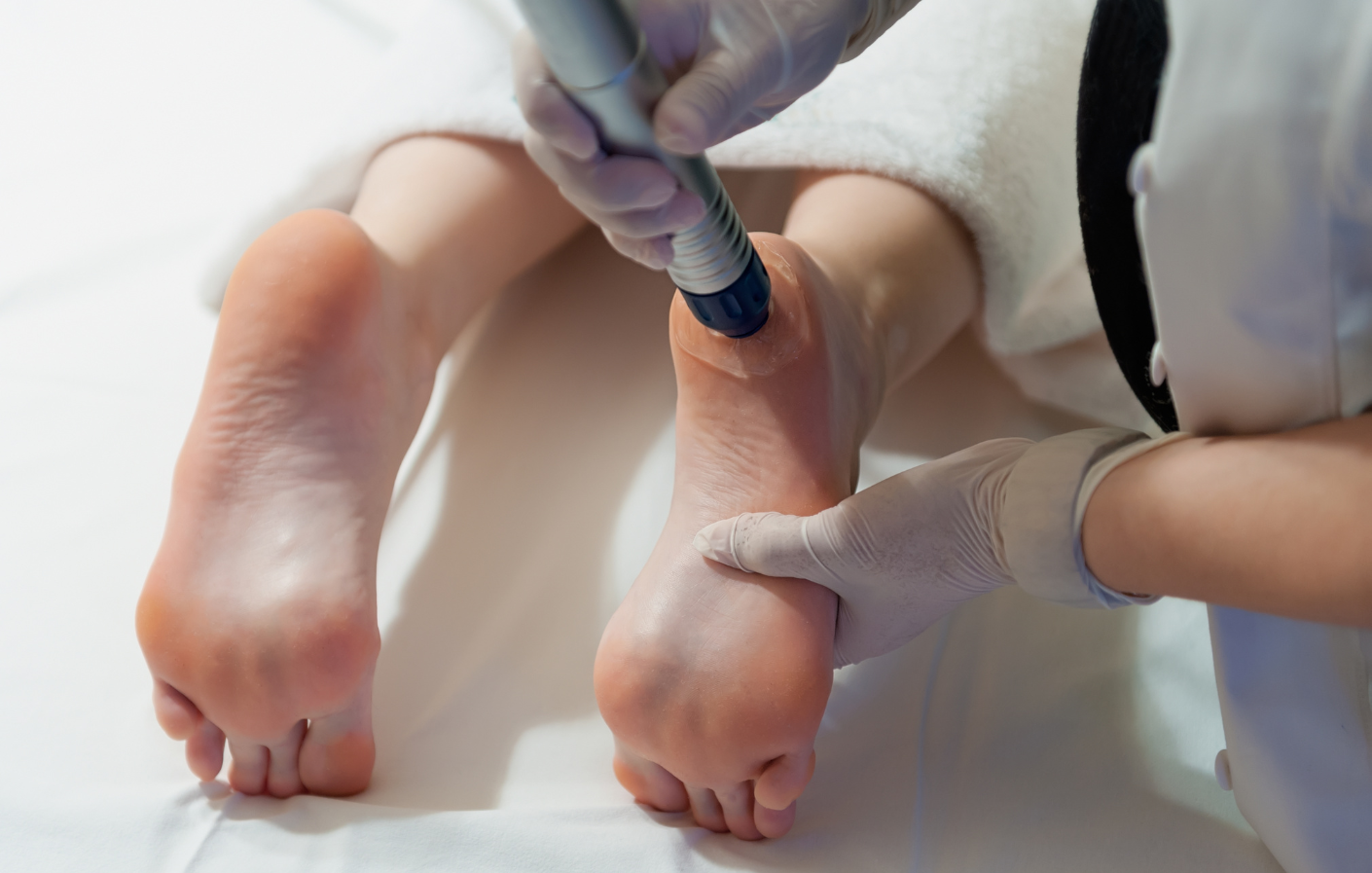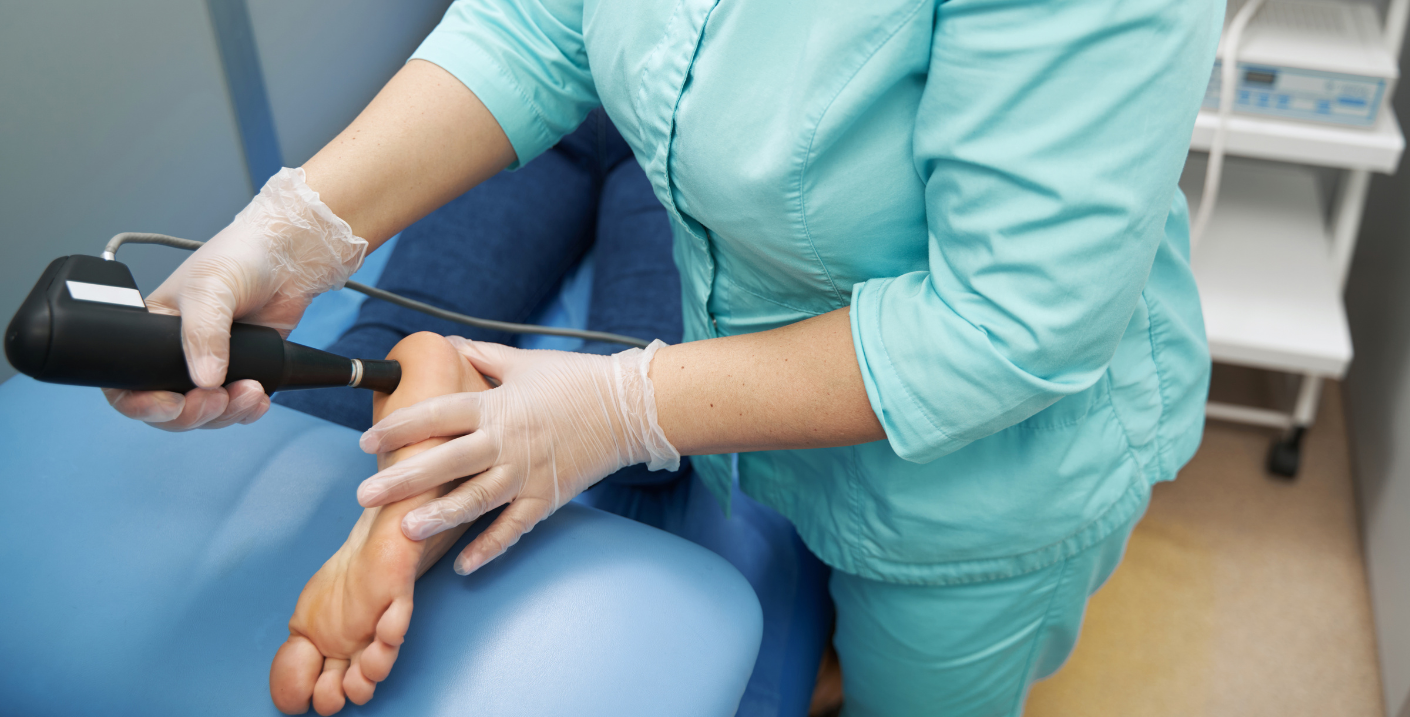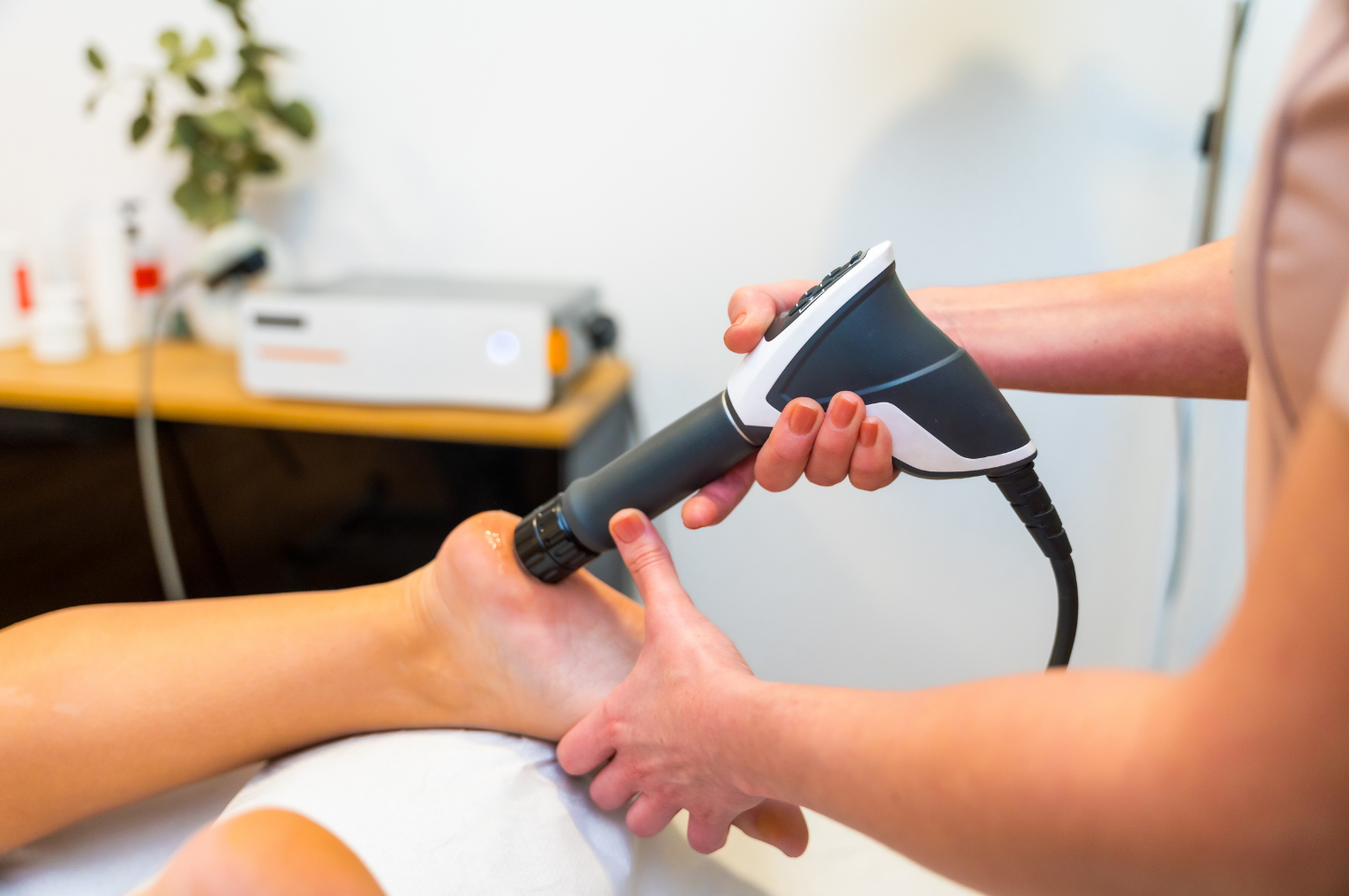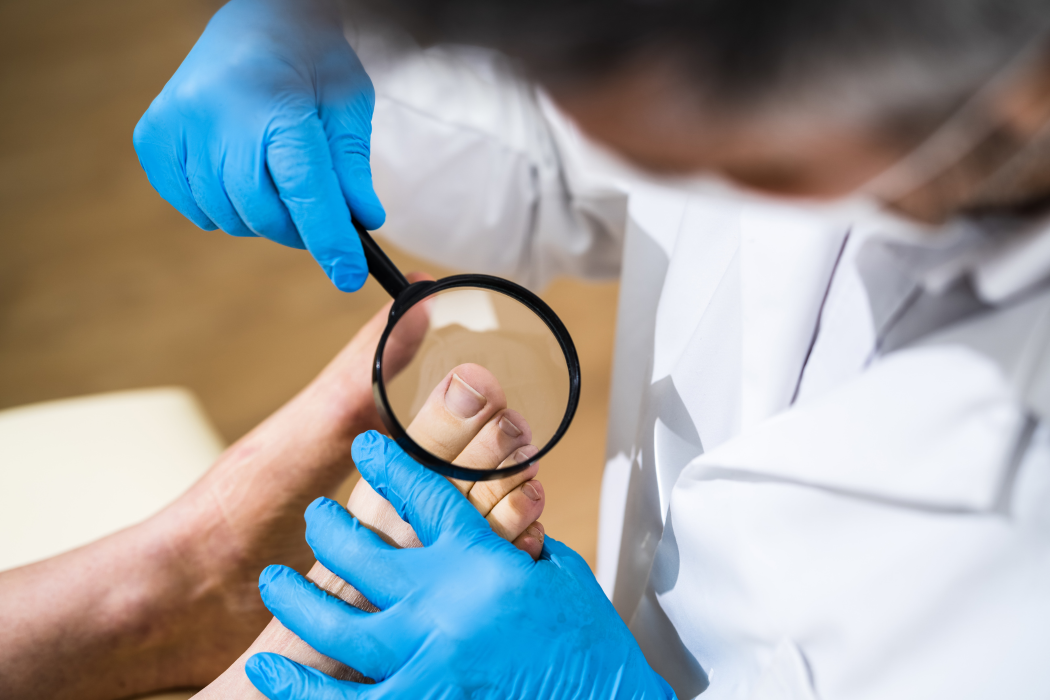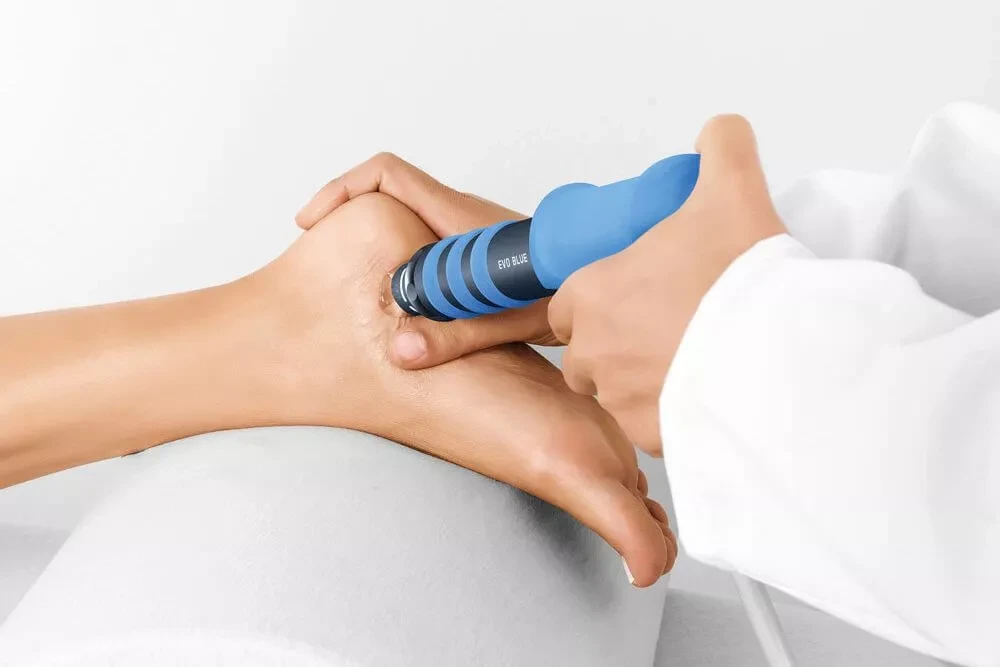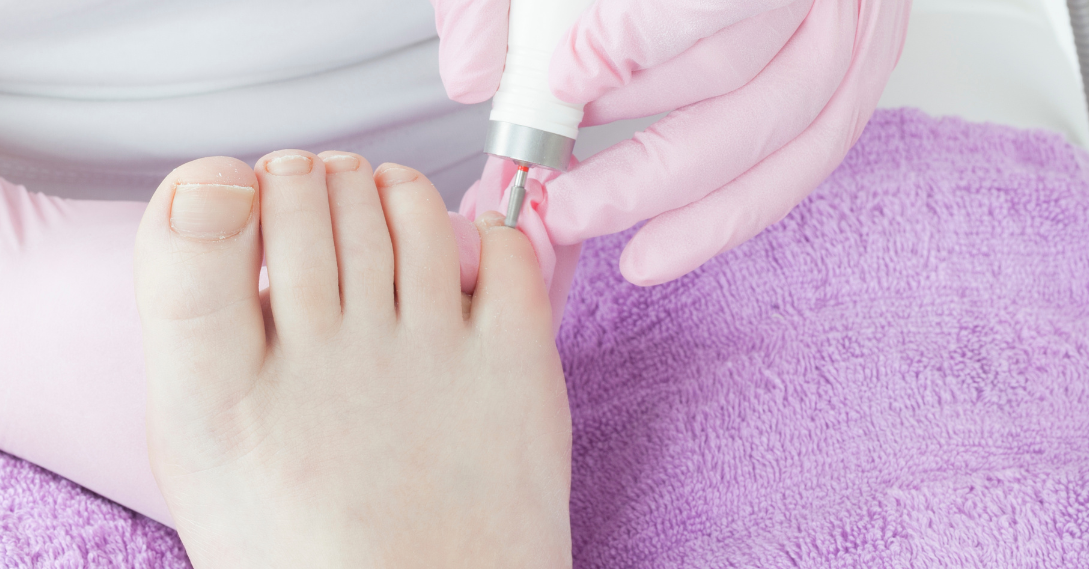Plantar Fibroma
Plantar Fibroma
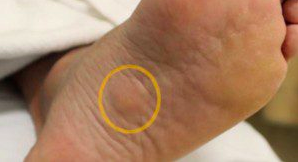 A
plantar fibroma describes a benign (non-cancerous) growth that develops at the bottom of your foot, often in the arch. It develops within
the plantar fascia, which is a thick connective tissue band that spans your arch from your heel to all the toes. It is usually
slow to increase in size. Plantar fibromatosis describes the growth multiple faster-growing fibromas found in the
ligaments at the bottom of the foot. These are also benign and this condition is known as Ledderhose Disease.
A
plantar fibroma describes a benign (non-cancerous) growth that develops at the bottom of your foot, often in the arch. It develops within
the plantar fascia, which is a thick connective tissue band that spans your arch from your heel to all the toes. It is usually
slow to increase in size. Plantar fibromatosis describes the growth multiple faster-growing fibromas found in the
ligaments at the bottom of the foot. These are also benign and this condition is known as Ledderhose Disease.
What causes a plantar fibroma?
While the exact cause of a plantar fibroma is unknown, there are factors that make you more likely to develop a fibroma. These include:
- Genetic predisposition
- Poor footwear
- Injury
- Certain medications
- Diabetes
- Male gender
- Increasing age
What are the symptoms?
Plantar fibromas present as knots or nodules in the foot and can develop in one or both feet. While fibromas aren’t typically painful, as they grow they can cause pressure on their surrounding tissues and structures which can result in pain and swelling. Other symptoms can include:
- Discomfort or tenderness on walking or weight-bearing
-
Altered gait, which can result in pain from the resulting altered biomechanics
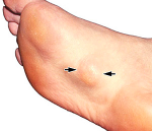
- Difficulty wearing shoes
How is it treated?
Before surgery is considered in more severe cases, conservative measures can help to reduce the discomfort and any pain associated with the fibroma. This includes:
- Padding to off-load the fibroma
- Orthotics to alleviate pressure from the area of the fibroma, redistribute pressure along the surface of the foot and correct any biomechanical or alignment issues contributing to painful symptoms
- Comfortable, supportive footwear that has good width and is not high-heeled
- Stretching any tight muscles or structures of the foot
If you suspect you may have a plantar fibroma, see your podiatrist. They will be able to assess and differentiate a fibroma from other conditions such as a cyst, granuloma or a potential malignancy. A management plan will then be created in light of your symptoms and presentation.
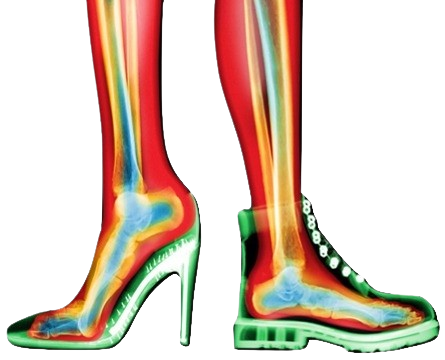
.png)
.png)


